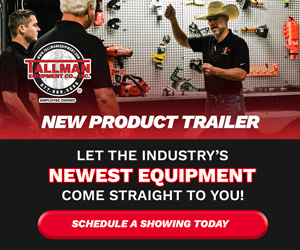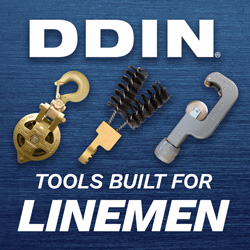Hand protection has evolved in recent times, perhaps making the greatest advancements in the past decade. Although the primary focus of this article is hand protection for electrical shock and arc flash hazards, it also explores the multihazard protection incorporated into newer-generation hand protection, examines safe work practices and glove testing methods, and provides updates on international standards work.
A few decades ago, hand protection consisted of leather gloves (mostly cowhide) used mainly for mechanical protection. Hand protection evolved to address specific hazards, such as extreme heat or cold, vibration, cut resistance, conductivity, electrical (dielectric or voltage rated), and gloves that protect other gloves. Examining federal and consensus standards within the context of day-to-day tasks helps understand the need for multihazard protection.
Electrical Shock Protection
The specification for gloves used for protection against electrical shock is ASTM D120-22, “Standard Specification for Rubber Insulating Gloves.” This specification covers electrical, mechanical and limited chemical tests. The electrical (proof) test is performed on every glove by filling it with water and placing the glove into a water bath so that the water inside and outside of the glove is level. An electrode is placed inside the glove, and the voltage is ramped up until the desired test voltage is reached; the voltage is then maintained for three minutes. The leakage current cannot exceed 5 mA-25 mA, depending on the type of glove tested. The test voltage level is substantially above the maximum-use voltage since the gloves are not in a stressed condition when tested. This assures the ability to protect from shock when in use. Two destructive tests are performed on a sample batch of gloves: the AC moisture absorption test and the AC breakdown test. The breakdown test is performed at a few kilovolts above the proof test, and the moisture absorption test is performed on proof-tested gloves soaked for an additional 16 hours. Gloves may receive a halogenation treatment to reduce surface friction. The rubber insulating glove is electrically strong but mechanically weak against damage such as abrasions, cuts and punctures. The specialized rubber in electrical gloves is leached of the proteins that typically cause allergic reactions since the proteins found in natural rubber allow conductivity at higher voltages.
Continue reading at Incident Prevention
For more on safety in the utility industry, check out Five Core Capacities for Sustainable Safety Excellence, Are You Making These 5 Heat Related Illness Mistakes?, and Using FR and AR Clothing to Mitigate Cold Stress.







0 Comments